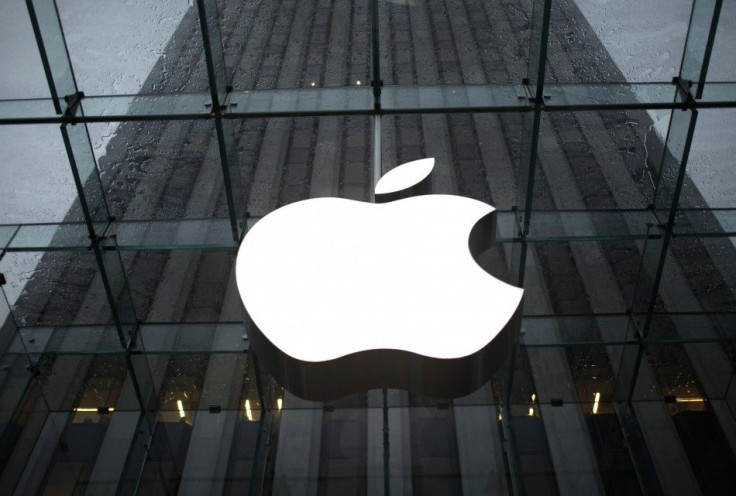Hackers Attack Apple Server

A group of hackers, known as AntiSec, claimed to have a list of 27 usernames and passwords taken from an SQL database from an online surveys hosted on an Apple Inc. Business Intelligence site on Sunday.
AntiSec said in a statement posted in Twitter that the group could compromise the Apple server as they found a security flaw in the company’s software.
AntiSec were responsible for the alleged security breach and posting of usernames and passwords, according to the Wall Street Journal.
However, the security breach does not involve Apple's popular iTunes Store or the 225 million accounts and credit cards associated with it.
#Apple could be target, too, the group wrote on its Twitter account on Sunday, along with a link to the short list of usernames and passwords. But don't worry, we are busy elsewhere.
The busy elsewhere part of the message referred to the group's subsequent attack on the Australian Election's databases -- one which bizarrely received less attention than the attack on Apple. The attack saw the group post sensitive data regarding the country's elections onto the PirateBay website.
Recently, a number of companies have been the target of hacking groups like AntiSec and LutzSec. Already Sony, Nintendo, Epic, Sega and codemasters have fallen victim to similar attacks. Other victims of LulzSec include the FBI, the CIA, AT&T, and the Arizona Department of Public Safety.
The most recent and major attack was Sony's PlayStation Network. The hacker attacks, which happened between April 17 and 19, had exposed data on 77 million PlayStation accounts. Later reports showed even credit card details of as many as 24.6 million customers having Sony Online Entertainment accounts were compromised.
Then, Sony went into damage-control mode and pulled the plug on services like gaming and music streaming. Sony also apologized for one of the largest security breaches in history and offered incentives to affected users.
Then, the Sony Online Entertainment (SOE) portal was attacked, compromising data on as many as 25 million customers. Sony took that site down as well. Meanwhile, Sony said Monday its PlayStation Network will spring back to life in Japan this week after a nearly three-month gap.
The services, suspended worldwide following a massive hacker attack on the PlayStation Network, PlayStation Web site and Qriocity service, had been partially operational in different regions in the last month.
Online gaming services resumed first in North America, followed by Europe and parts of Asia excluding Japan. Also, the PlayStation store was opened again to consumers across the globe except Japan. With the whole range of services returning to life this week, Sony is looking to turn a new page.
© Copyright IBTimes 2024. All rights reserved.





















